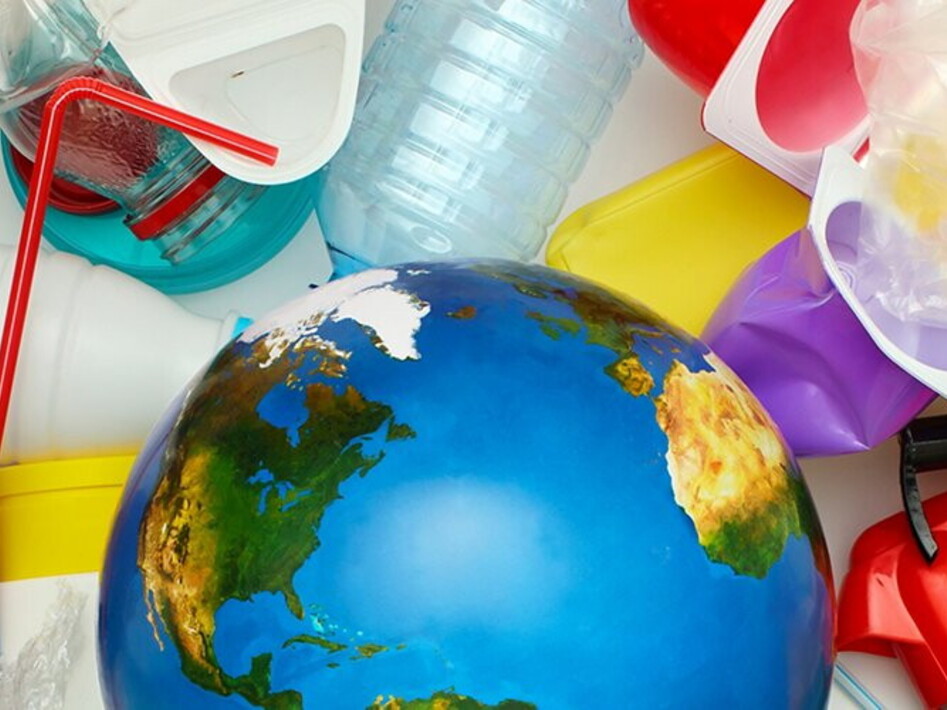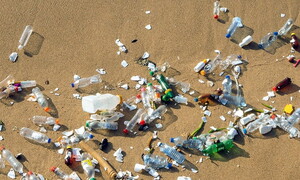First Global Plastics Outlook published
25 February 2022

A few days before the UN conference that may launch negotiations on an international treaty to reduce plastic waste, the OECD has published the first Global Plastics Outlook, a report that presents a clear picture of the waste problem. What emerges is that while population and income growth generate an unstoppable increase in the amount of plastic used and thrown away, policies to curb its dispersion in the environment are not keeping pace.
According to the report, the world is producing twice as much plastic waste as it did two decades ago, and almost half of this waste is generated in OECD countries. Annual plastic waste production per capita varies from 221 kg in the United States to 114 kg in the European OECD countries, while it is 69 kg on average for Japan and Korea. Most plastic pollution results from inadequate management of collection and disposal. Of the waste produced, only 9% was recycled, while 19% was incinerated and about 50% ended up in controlled landfills. The remaining 22% was dumped in uncontrolled landfills, burned in uncontrolled fires or abandoned in the environment. The report gives an assessment of the volume leaked into the environment. In 2019, an estimated 6.1 million tonnes of plastic waste were dumped in aquatic environments, 1.7 million tonnes of which reached the oceans. “It is now estimated that there are 30 million tonnes of plastic waste in the seas and oceans, and another 109 million tonnes have accumulated in rivers,” the authors write.
The report notes that the Covid-19 crisis led to a 2.2% decline in the use of plastics in 2020 due to the slowdown in economic activity, but that there was an increase in the production of take-away food packaging and plastic medical equipment, such as face masks. As economic activity picks up in 2021, the consumption of plastics will also increase again.
Bans and taxes on single-use plastics exist in more than 120 countries, but this is still not enough to significantly reduce overall pollution. According to the report, most regulations are limited to items such as plastic bags, which make up only a small proportion of plastic waste, and are more effective in reducing waste than curbing plastic consumption. Landfill and incineration charges, which encourage recycling, are only applied in a minority of countries. The authors point out the need for greater use of instruments such as extended producer responsibility schemes for packaging and durable goods, landfill charges, deposit refund systems and PAYT (Pay-as-you-throw) schemes. In addition, international cooperation on reducing plastic pollution should include supporting low-income countries in developing better waste management infrastructures to reduce plastic leakage.



